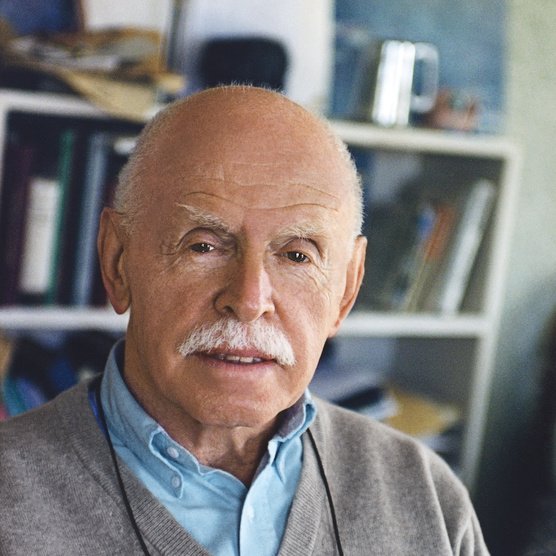- Experts
- Election 2024
-
Topics
FeaturedIntroduction Over the last several decades, governments have collectively pledged to slow global warming. But despite intensified diplomacy, the world is already facing the consequences of climate…
-
Regions
FeaturedIntroduction Throughout its decades of independence, Myanmar has struggled with military rule, civil war, poor governance, and widespread poverty. A military coup in February 2021 dashed hopes for…
Backgrounder by Lindsay Maizland January 31, 2022
-
Explainers
FeaturedThis interactive examines how nationwide bans on menthol cigarettes and flavored cigars, as proposed by the Biden administration on April 28, 2022, could help shrink the racial gap on U.S. lung cancer death rates.
Interactive by Olivia Angelino, Thomas J. Bollyky, Elle Ruggiero and Isabella Turilli February 1, 2023 Global Health Program
-
Research & Analysis
FeaturedThe rapidly changing landscape of foreign influence demands a new approach, argues Senior Fellow for Global Governance Miles Kahler. Countering malign influence from abroad will require a stronger democracy at home.
Council Special Report by Miles Kahler October 23, 2024 Diamonstein-Spielvogel Project on the Future of Democracy
-
Communities
Featured
Webinar with Carolyn Kissane and Irina A. Faskianos April 12, 2023
-
Events
FeaturedThis symposium was created to address the broad spectrum of issues affecting Wall Street and international economics. It was established through the generous support of Council board member Stephen C. Freidheim and is copresented by the Maurice R. Greenberg Center for Geoeconomic Studies and RealEcon: Reimagining American Economic Leadership.
Virtual Event with Emily J. Blanchard, Matthew P. Goodman, David R. Malpass, Elizabeth Rosenberg, Janet Yellen, Michael Froman and Rebecca Patterson October 17, 2024 Greenberg Center for Geoeconomic Studies
- Related Sites
- More
 Online Store
Online Store

